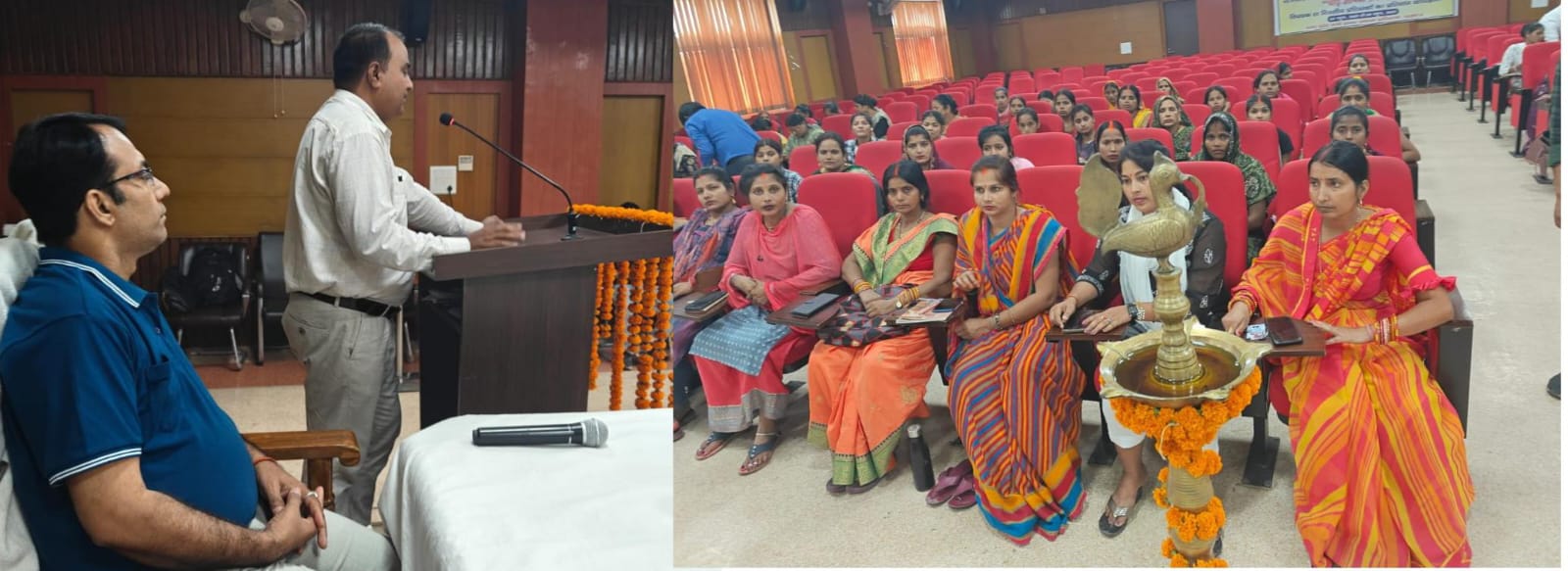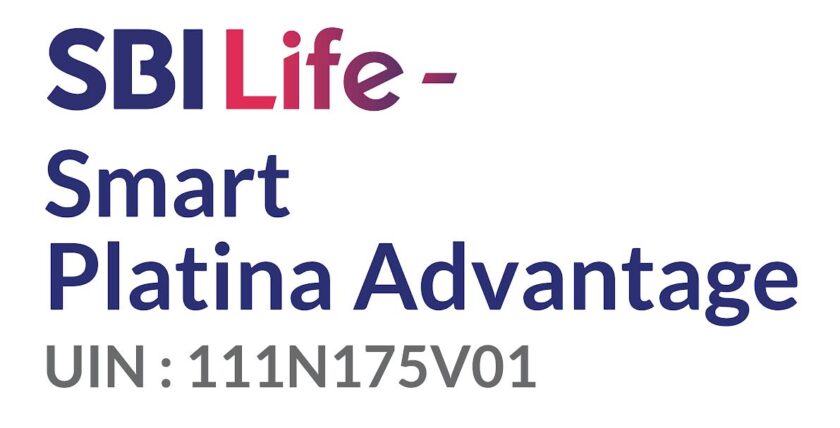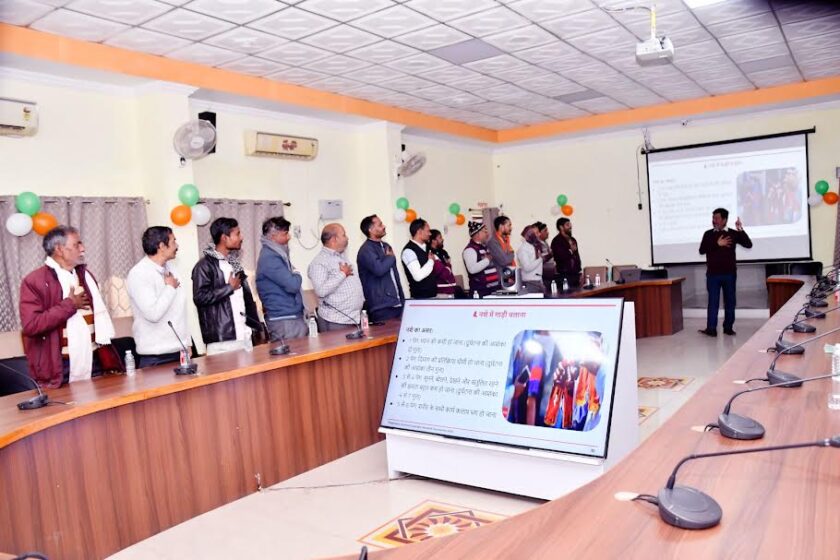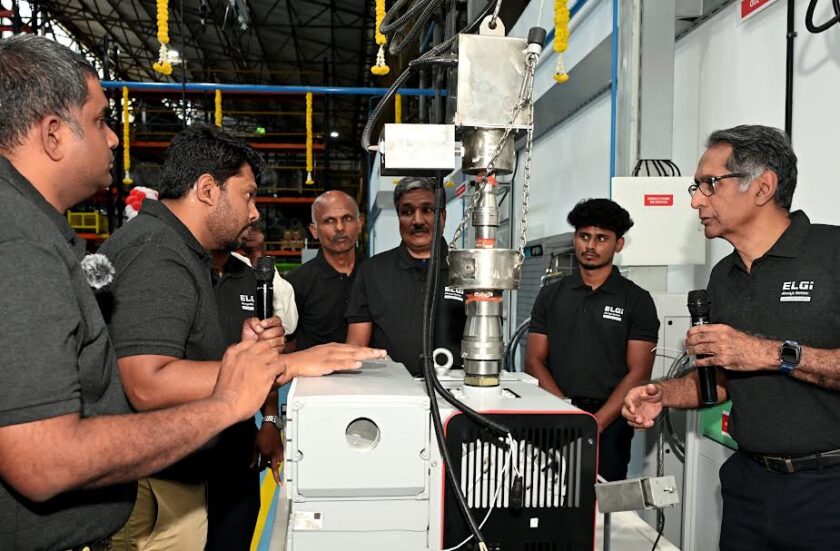Lucknow — In a significant step towards inclusive disaster preparedness, a seven-day residential state-level training program on flood disaster management for women is currently being held at the Deen Dayal Upadhyay State Rural Development Institute, Bakshi Ka Talab, Lucknow. Under the leadership of Deputy Chief Minister Keshav Prasad Maurya, the initiative aims to empower women in flood-prone areas and equip them with skills for effective disaster mitigation.
Organized in collaboration with the Uttar Pradesh State Disaster Management Authority (UPSDMA), the program runs from June 2 to June 8, 2025, with the goal of training women to become frontline responders in their respective villages.

Held under the stewardship of Director General L. Venkateshwar Lu and the guidance of Additional Director B.D. Chaudhary, the training features 96 women participants, including 56 from Bahraich and 40 from Basti, all of whom are active members of self-help groups under the State Rural Livelihood Mission.
The inaugural session began with a traditional lamp lighting and Saraswati Vandana. Addressing the participants, Assistant Directors Dr. S.K. Singh and Sanjay Kumar, senior advisor Kumar Deepak, and officials from UPSDMA emphasized the importance and impact of women’s involvement in disaster preparedness.

Dr. S.K. Singh revealed that during the financial year 2025–26, training programs will be conducted in 2,500 flood-prone villages across 44 districts and 119 tehsils of Uttar Pradesh. The trained women, known as Sakhi leaders, will further train other women in their villages, enhancing local disaster readiness. Notably, mobile applications will be used to map local resources, ensuring swift and effective response measures.
The successful execution of the program has been attributed to the dedicated efforts of Assistant Director Sanjay Kumar, Advisors Kumar Deepak, Mohd. Shahrukh, Sudesh Kumar, and Mohd. Kaleem.
This initiative marks a forward-thinking approach by integrating women into the heart of community disaster resilience, particularly in vulnerable regions like Bahraich and Basti, and promises long-term benefits for rural safety and empowerment.









